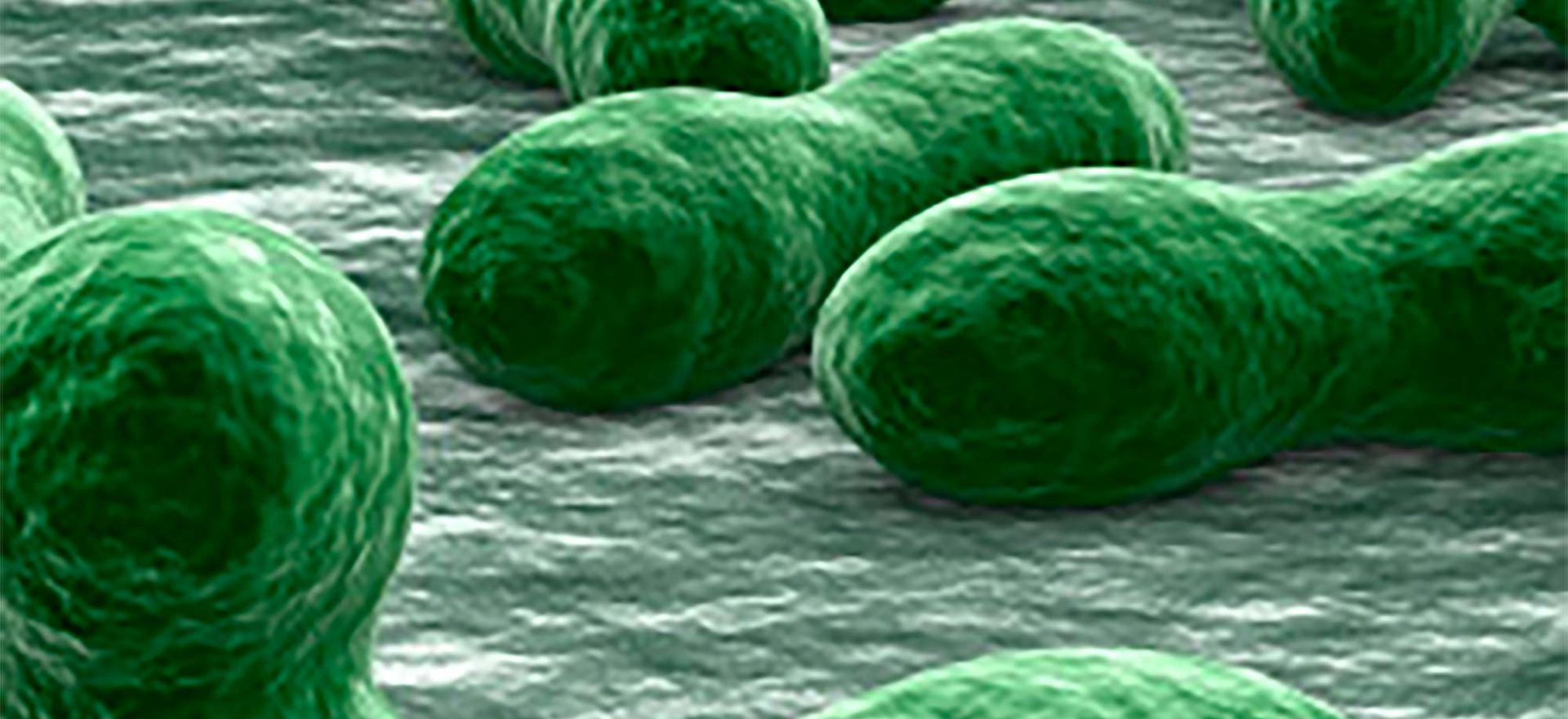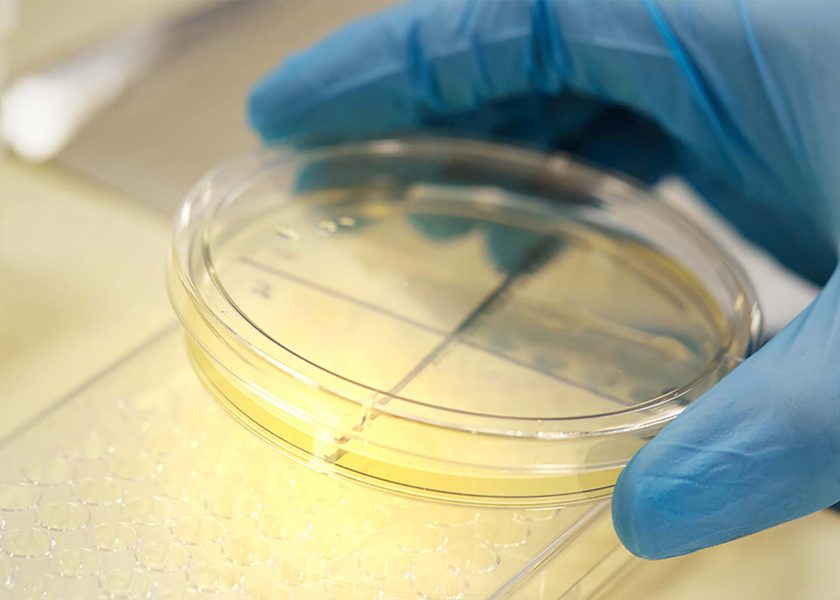BioInteractions’ Antimicrobial Coating offers Breakthrough for NextGen Medical Devices

Lifelong antimicrobial surface protection guaranteed with TridAnt®
BioInteractions, a leading UK biomaterial technology company, is announcing the launch of TridAnt®, a new coating technology for medical devices which represents a paradigm shift in infection prevention and protection against a broad range of pathogens. TridAnt® incorporates active and passive components to create the first truly non-leaching, effective, safe and durable antimicrobial coating for even the most sensitive medical devices and implants, helping to save lives and time needed for medical treatment.
The World Health Organization[1] estimates that healthcare-associated infections (HCAI), especially those caused by antimicrobial-resistant pathogens, are the most frequently occurring adverse event in any healthcare system regardless of available resources.
“Strict hygiene regimes and existing disinfectants have limited efficacy in reducing the risk of infection for prolonged periods of time,” explains Arjun Luthra, Commercial Director for BioInteractions. “Our TridAnt® solution offers a new way to combat infections more effectively, efficiently and for longer. Based on over three decades of dedicated research and trials, TridAnt® is fully compliant with current medical device regulations, has been independently tested to international standards (ISO, EN, PAS) and proven to provide monoclonal protection which kills a broad spectrum of gram-positive & gram-negative bacteria as well as enveloped & non-enveloped viruses, including E.Coli, MRSA, Influenza, Norovirus and SARS-Cov-2. TridAnt® is suitable for skin protection as well as most other surfaces including woven and non-woven fabrics including metals (nitinol) as well as polymers (polycarbonate & polyurethanes).”
The new antimicrobial technology is non-leaching and therefore completely safe to use in all environments and even for implants inside the human body. Its active components target microbes (prokaryotic cells) and has reduced risk to human cells unlike previous technologies. It is the first known medical device technology to kill enveloped as well as non-enveloped viruses and gram-positive as well as gram-negative bacteria which prevents the formation of biofilms for long-periods of time of up to 365 days (as well as safe enough to protect skin for up to 48 hours) without any noticeable reduction in efficacy.
In addition to creating a safe and efficient method to kill microbes long-term, the team behind TridAnt® also focused on creating the best bioengineering method to bond the antimicrobial coating securely to the material of the different medical devices for their lifecycle. As a result, TridAnt®-coated medical devices are protected with a highly effective and non-leaching shield for the entire lifetime of the device.
“The prospect of a biocompatible technology which can enhance the function of medical devices through eliminating existing microbes and also preventing the formation of new colonies represents a paradigm shift in prevention and treatment of surgical infections,” commented Dr Catriona Anderson, experienced NHS GP and specialist in treatment of microorganism and bacterial infections. “If the results of these lab tests translate into the real world and prolong the active lifecycle of medical devices it will have significant economic, health and social care impact”. Overall, TridAnt® significantly reduces the infection risk associated with medical procedures and actively reduces the contamination of pathogens within a patient. It is an important addition to the arsenal available to medical professionals in the fight against life threatening infections and secondary complications when operating on patients. This enhances the well-being of a patient when they are in care and allows more effective and efficient procedures for professionals.
[1] World Health Organization. Report on the burden of endemic health care-associated infection worldwide. Geneva: WHO; 2011. http://apps.who.int/iris/handle/10665/80135


